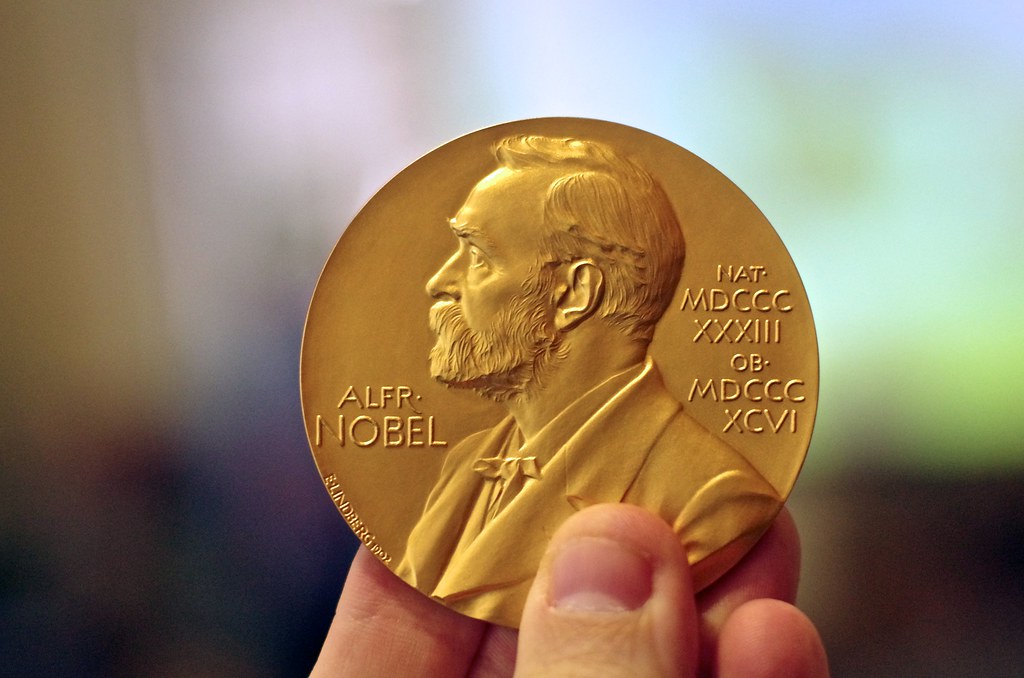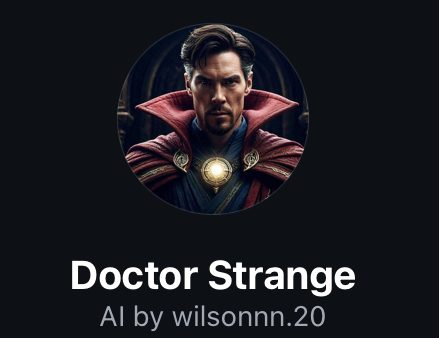Three Chemists – Moungi Bawendi, Louis Brus, and Alexei Ekimov – were awarded the Nobel prize for Chemistry for the discovery of the quantum dot on Wednesday, October 4th, at the Royal Swedish Academy of Science in the Swedish Capital in Stockholm. The trio won a total of 11 million Swedish Kroner (around 99,000 U.S dollars) which will be split amongst the three.
Simply put, a quantum dot is an artificially made nanoparticle that can be altered by manipulating the size and number of atoms in it. Quantum dots are nanoparticles that are made up of just about a few thousand atoms. Just to put it in perspective, the size of one nanoparticle is similar to the comparison in size of a soccer ball to the earth. A quantum dot can be described as small boxes that are roughly 100 nm (made from semi-conductive material) in size that limit the movements of electrons. The electrons are only able to move in an xy plane, and therefore, makes the dot have a pancake shape.
So who are these chemists? Dr. Ekimov (born in 1945) is a Russian chemical physicist, who conducted research on nanomaterials. He received his PhD in physics at the Ioffe Institute of the Russian Academy of Sciences. Dr. Brus (born in 1943) was born in Cleveland Ohio, and received his PhD in chemical physics at Columbia University 1969. He is now a chemistry professor at Columbia University. Dr. Bawendi (born in 1961) is a French American chemist, who received his PhD at the University of Chicago in 1988, and is now a professor at Massachusetts Institute of Technology.
The discovery of the quantum dot first started in the 1970’s when Dr. Ekimov began his research on semiconductor colored glass known as Schott glasses. He conducted an experiment by heating the Schott glass, which formed tiny copper chloride crystals that created the blue color in the glass. He noticed the change in the color of the glass that was caused by these crystals. Later, in 1982, Dr. Brus discovered the optical property changes in terms of size that in those crystals had. In 1993, Bawendi conducted an experiment, in which he successfully changed the chemical production of quantum dots.
Quantum dots are used in optical applications which require precise control of light from electrons. These semiconductors can be used for fluorescent and LED lights that we use today. It also allows us to watch TV with vibrant and more saturated and sharp images. Quantum dots contribute to the improvement of solar panels, making it more efficient than before. The quantum dots make it so that there are more electrons for each photon that strikes them, absorbing more energy. Quantum dots also helped the advancements in medical diagnostics of cancer cells. The highly concentrated molecules improve the quality of fluorescent lighting and MRI scans. Doctors use these scans to differentiate between cancer cells and healthy cells.
The discovery of the quantum dot by Dr. Bawendi, Dr. Brus, and Dr. Ekimov has greatly impacted the world by creating LED lights, advancing medical treatment, and by making energy more efficiently. These scientists would never have discovered this if they didn’t work together. Their collaborative findings and experiments lead to their success. It is astonishing that we have kept progressing and evolving our technology so that we can even manipulate these microscopic particles to improve people’s lives. The Nobel prize was made as a way to recognize people and praise them for making the world a better place. Hopefully, younger generations are being inspired by the work of these scientists to continue improving the world.







